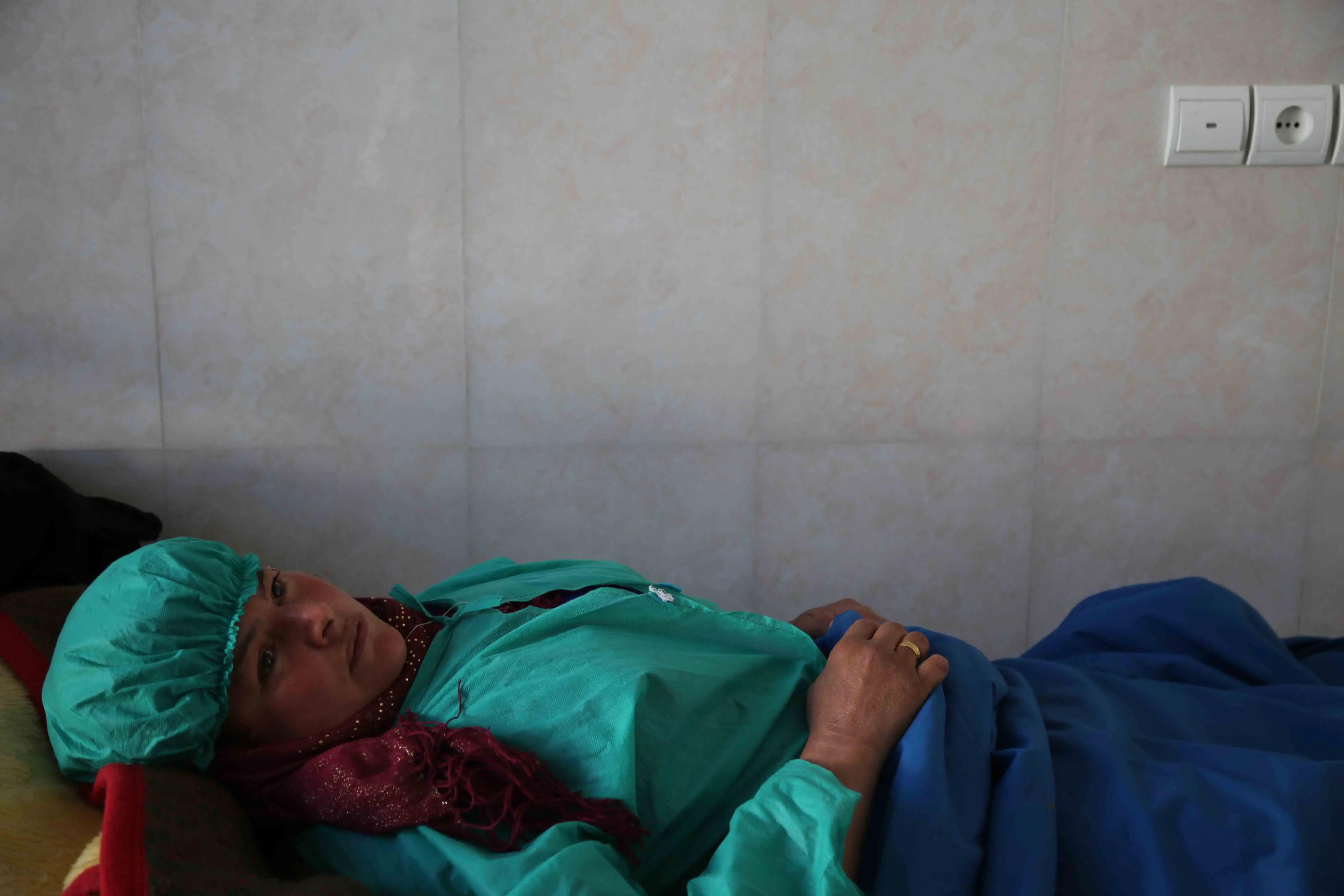Overview
Women who give birth without skilled attendance are at risk of conditions which can have serious effects on health and wellbeing. Obstetric fistula is a devastating childbirth injury which leads to both physical and social harm for women.
Obstetric fistula is a hole between the vagina and bladder or rectum, usually caused by prolonged labour without intervention. Fistula leaves women leaking urine or faeces, or both, and typically results in social isolation and depression. Obstetric fistula occurs in context of early marriage, where girls don't have yet the physical condition to deliver a baby, and prolonged labour due to inadequate health care.
In Afghanistan, four of every 1,000 women are believed to suffer from the condition - a quarter of these were younger than 16 when they married.
Treating obstetric fistula UNFPA seeks to address obstetric fistula through a three-pronged approach. Preventing early marriage and supporting skilled attendance and basic and comprehensive emergency obstetric care at birth helps prevent fistula from occurring at all. Good medical care helps treat minor fistula, and severe cases are referred to trained surgeons. Finally, women require support to reintegrate into their communities after treatment. In 2007, Malalai Maternity Hospital in Kabul became the only health facility in the country to treat obstetric fistula in its UNFPA-supported Fistula Ward and training for surgeons. Today, the hospital reports a success rate of 95 percent and has treated an estimated 405 fistula cases in the last five years. UNFPA has also supported the Afghanistan Society of Obstetricians and Gynaecologists in providing training on the prevention of fistula.





